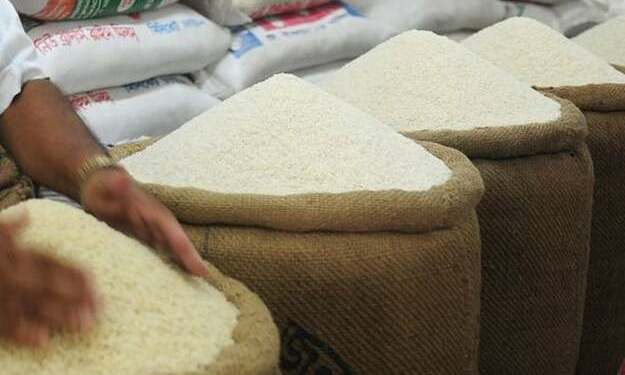Investing.com – Oil prices gained on Wednesday after data from the American Petroleum Institute (API) reported U.S. crude inventories fell more than expected last week.
for September delivery rose 0.31% to $68.73 per barrel at 1:30AM ET (05:30 GMT), while for September delivery also gained 0.65% to $73.92 for one barrel.
U.S. crude stockpiles fell 3.2 million barrels in the week to July 20, the API said on Tuesday, compared with expectations for a decrease of 2.3 million barrels.
Gasoline stocks fell by 4.9 million barrels, compared with analyst expectations for a 713,000-barrel drop, the API report revealed.
“Prices are moving higher after the API reported a more massive draw than analysts had expected,” said Stephen Innes, Head of Trading, APAC at brokerage OANDA.
Official figures from the U.S. Department of Energy’s Energy Information Administration are due at 10:30 a.m. EDT (1430 GMT) on Wednesday.
Elsewhere, global spare oil output capacity is “very tight if not completely absent,” Bob McNally, president of Rapidan Energy Group, told a US Senate panel Tuesday. This creates the potential for “dangerous” price volatility amid disruptions from Iran, Venezuela and Libya, he added.
The loss of Iranian crude to the market – amid U.S. sanctions on the Islamic Republic, which get underway in November – is seen by many as the biggest risk to global supplies. Analysts have estimated up to 1 million barrels a day of Iranian crude could be wiped of the market.
U.S. President Donald Trump in May said the United States would leave the 2015 Iran nuclear agreement, paving the way for sanctions to resume.
Iran’s leader warned over the weekend that it might shut the Strait of Hormuz, the world’s most important seaborne transit lane for oil.
Fusion Media or anyone involved with Fusion Media will not accept any liability for loss or damage as a result of reliance on the information including data, quotes, charts and buy/sell signals contained within this website. Please be fully informed regarding the risks and costs associated with trading the financial markets, it is one of the riskiest investment forms possible.
Source: Investing.com




























